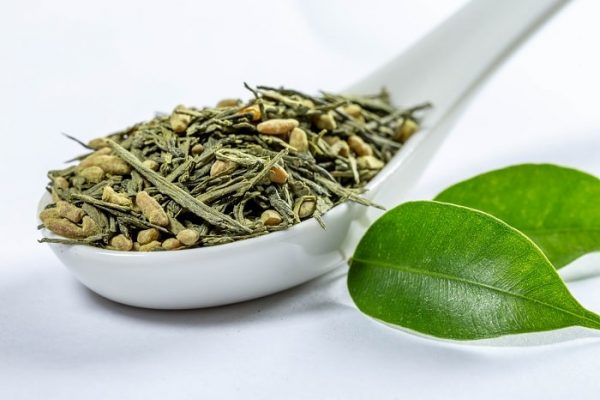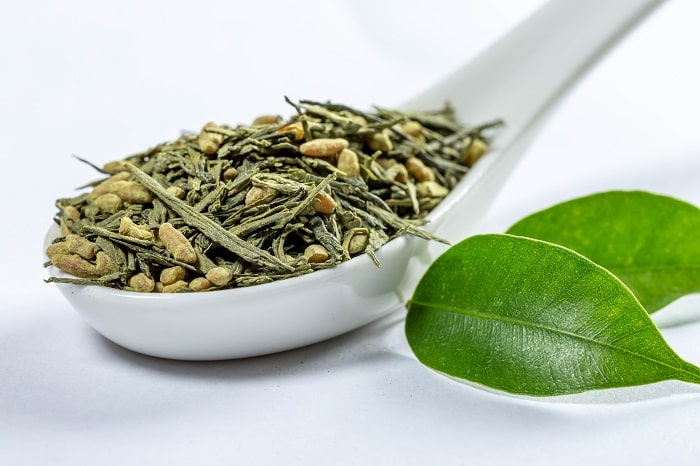
Food as Medicine
Using food as medicine is as old as you can imagine. Even today, there are many reputable resources for consumers interested in purchasing and using food as medicine.
Additionally, there are knowledgeable nutritionists who possess a deep understanding of current metabolic science.
In 2017 I wrote an article for Utah Stories that questioned what basic understanding does the consumer need to know regarding food as medicine, and what is actionable?
From Integrative to Industrialized Medicine
Aulus Cornelius (c25 B.C — 50 A.D), a Roman encyclopaedist, known for his extant medical work, wrote in De Medicina:
“Live in rooms full of light. Avoid heavy food. Be moderate in drinking of wine. Take massage, baths, and exercise. Fight insomnia with gentle rocking or the sound of running water. Change surroundings and take long journeys. Strictly avoid frightening ideas. Indulge in cheerful conversation and amusements. Listen to music.”
Medical science, during the Renaissance period (1300 A.D. – 1600 A.D), ushered in modern acute care medicine.
Individuals such as Paracelsus (1493–1541), Paré (1510–1590) and Descartes’ (1596–1650) made significant contributions to medicine, surgery, and pathology.
These rules of acute care have proven highly effective in the modern fields of pharmacology, urgent care, and surgery. However, they have largely failed to address chronic disease.
Food is primary care, not “alternative medicine”
Fifty thousand years ago, Neanderthals, who ate mostly a vegetarian diet, used natural forms of penicillin and aspirin to treat infections and pain.
Pharmaceutical companies now mass-produce drugs from molecules found in plants, bacteria, and fungi. For instance, molecules derived from plant cell fermentation using the Pacific yew tree (Taxus brevifolia) produces the blockbuster anticancer drug paclitaxel (Taxol).
In many cases, drugs can be a necessary part of disease prevention, treatment, and the healing cycle. However, food as medicine should be integrated as a primary strategy of this cycle.
Injury is random, recovery and health is deterministic
We now know that after injury (caused by an environmental trigger such as carcinogens, physical trauma, or inflammatory diets), the healing cycle activates a predictable sequence of cell metabolism required for cell repair, known as metabolic signaling.
Most individuals experience a repeating (“chronic”) loop of incomplete cell recovery. This repeating loop causes cells to persist abnormally.
This persistent loop of cell abnormality is the root of virtually every chronic illness including infections, autoimmune diseases, diabetic heart and kidney disease, asthma and chronic obstructive pulmonary disease (COPD), autism spectrum disorder (ASD), chronic fatigue syndrome (CFS), cancer, affective disorders, psychiatric illnesses, Alzheimer dementia, and many more.
Nutrition, delivered as food, can disrupt cell abnormality, restore metabolic signaling, and renew the cellular healing cycle.
Diet and disease
As a result of technology, such as mass spectrometry and polymerase chain reaction tests, science reveals the molecular properties of food that correlate with diminished or improved health outcomes.
For instance, there is now a plethora of evidence related to the role of inflammatory diets on disease risk.
Many major diseases have been linked to chronic inflammation including arthritis, Alzheimer’s, cancer, depression, diabetes, and heart disease.
Translation of this information is constrained by:
- Consumers, including clinicians, patients, caregivers, and sales teams’ lack of time and training to differentiate between science and snake oil.
- Patients seeking from providers the misguided promise of a quick fix in the form of a pill, rather than doing the “hard” work of reprogramming abnormal metabolic cell signaling.
- Even if a medical provider supports food as medicine, they often lack the ability or the will to provide appropriate referral sources.
The human body has the ability to heal itself from various chronic illnesses when given the right tools.
Proper nutrition serves as a tool and foundation for a healthy life.
Unfortunately, nutrition is replaced with invasive procedures and medications that are “covered by insurance.”
Foods as medicine provides nutrient-dense molecules that can maintain and improve metabolic function in the human body.
There is a place for acute care and modern medicine, to be sure; but we more focus on the methods that date back to antiquity.
The only side effect of a consciously tailored food as medicine plan is the improvement of health and vitality.





